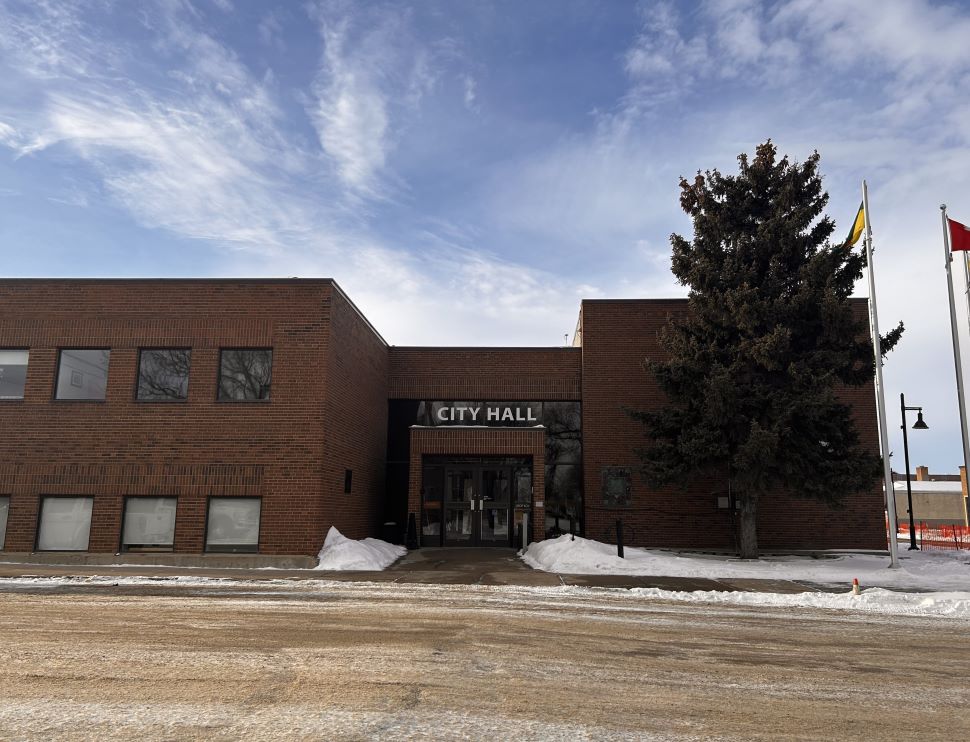The city’s budget meetings last week addressed a range of issues, including rising insurance costs, infrastructure projects, and landfill expansion.
City manager Jeff Ward highlighted the need to monitor insurance increases, noting the potential to explore alternative options like SUMAssure, a reciprocal insurance program run by the Saskatchewan Urban Municipality Association. SUMAssure allows participating cities to pool funds and access insurance coverage collectively.
Ward acknowledged the city’s current preference for working with a local broker but suggested exploring insurance tenders for the 2026 fiscal year to address rising costs.
Coun. Tom Mauss asked about self-insurance, common in Europe, but Ward said it was not feasible due to liability concerns. He explained that if a city didn’t have insurance, and something did happen, the financial implications could be devastating, adding insurance rates have more than doubled in the last decade.
The budget also includes $1 million for completing the Downtown Revitalization Project, which involves installing new lights and other enhancements. Ward expressed optimism that the upgrades would generate excitement and attract new businesses to the area.
However, infrastructure challenges remain. Ward emphasized the need for significant work on 5th Street, describing it as a “rough road” with shallow utilities requiring both surface and underground repairs. The estimated $5-million project would include lowering services and installing a force main to address flooding issues.
The landfill was another major topic of discussion. With approximately 21 months of airspace remaining, Ward presented options such as expanding to a new landfill cell at an estimated cost of $3.5 million to $4 million or utilizing the regional Coal Creek landfill. He noted ongoing talks with GFL Environmental about establishing a transfer station to move waste offsite. “Landfill will definitely be a discussion we need to resolve in the next six months,” said Ward.
The initial budget includes no increases in taxes or utilities, with $1 million allocated for debt repayment—down from the usual $2 million. Ward warned that a zero-per-cent tax increase could affect the city’s ability to fund necessary capital projects.
To counter this the city has proposed a two per cent tax increase to accommodate rising costs, which they believe will provide approximately $320,000 to the budget. For context, a one per cent tax increase generates about $160,000 in revenue, which could fund small projects such as a pickleball court or upgrades to Hillcrest facilities, he said.
2025 will also be a Saskatchewan Assessment Management Agency (SAMA) reassessment year, affecting taxes across the city. Assessments operate on a four-year cycle with a two-year lag, which Ward said creates challenges in volatile economies.
“If the average house assessment decreases by 10 per cent and yours only goes down five per cent, your taxes are going up, even though the overall system remains revenue neutral,” he said, noting this often confuses residents.
The reassessment can also result in commercial properties facing tax changes that don't align with individual assessment reductions.
The city has lobbied the Saskatchewan Assessment Management Agency (SAMA) to implement maximum and minimum swing limits and shorten the cycle to two years, but no changes have been made.
The proposed budget will soon be released for public feedback before the council decides whether to approve or amend it.
